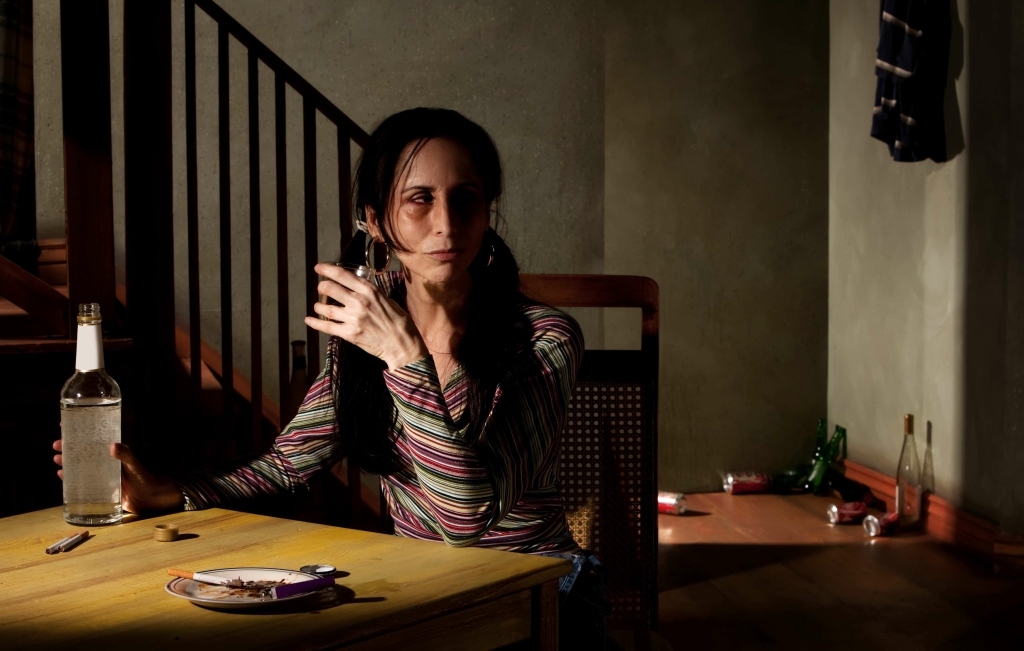Content
When you are ready to take action, we can help you at Gratitude Lodge in Southern California. Marriage is a union between two people that involves a strong emotional connection, commitment, and a shared life together. When one partner struggles with addiction, though, this can significantly affect the dynamic of the relationship. With sobriety comes clarity about life—it can be lived to the fullest, and that means couples can enjoy their relationships to the fullest, too. Marriages can survive sobriety—and not just survive, but thrive.

I’ve spent the last six years researching and understanding alcoholism, addiction, and how people get sober. I took my last drink on December 19, 2016. The recovering addict needs to focus on sobriety and may not always be able to prioritize the relationship, and his or her spouse must understand this. Of course, the addict’s ability to maintain sobriety will be essential to your ability to maintain the marriage as well. Instead, it’s best to treat the marriage as a new relationship. Get to know the “new” version of your spouse (or help your spouse become acquainted with the “new” you).
Relephant Reads:
Or I hear what you’re saying, I see it differently. And you know, it gets worse from there to the language marriage after sobriety I don’t need to go to. Yeah, if nothing else, you don’t have to agree with what your partner is saying.
- Your expectations might be high but, likely, life will not be as rosy as you imagine it will be post-recovery.
- But alcohol tends to escalate these things, if there’s a lot of distress to begin with.
- When your loved one was in active addiction, it’s likely that part of your identity was based on their addiction.
- I got sober and pregnant at roughly the same time.
- According to the Couples Counseling Center in Chicago, addiction is the seventh most common reason why marriages end in divorce.
- These disorders are very complex, and this post does not take into account the unique circumstances for every individual.
- Thank you so much for writing this.
And not only that, I was kind of, obviously, depending on how much I drank sort of a blackout gray out drinker. So, my husband and I really do not fight like I don’t love conflict. So, we escalate much before typically, but when I was drinking, I would get really upset and fight and cry. And I couldn’t remember what the argument was about in the morning. I mean, I remember him walking in and be like, what’s happening?
EXPLORE TREATMENT OPTIONS
With dedication, effective communication, and an unwavering commitment from both parties, it is possible to rebuild a marriage after one partner goes through rehab. Accordingly, with the proper support in place and a clear understanding of each other’s needs, couples can create an even stronger bond than before. It takes hard work and perseverance but is achievable with the right approach. If you’re married to an addict in recovery, you’re certainly not alone. Millions of families struggle with a loved one’s addiction, but many learn how to successfully adapt to the changes recovery brings. To be successful and manage these changes, it’s important to put yourself and your children first.
As the partner of someone in recovery, it can be confusing and overwhelming. Perhaps you have just discovered that the person you love has a problem with alcohol and needs your help. If a couple has used the tools to grow a healthy relationship, they could find themselves in a thriving marriage. They have grown together, and together they have grown stronger.
Trust the Process
She guided me through my own healing. I also attended the Al-Anon fellowship, where I found kindred spirits. Experiencing betrayal can be difficult. But tips, such as practicing forgiveness and self-care, can help you heal and overcome betrayal. Self-sabotage in relationships occurs when someone behaves in a way that could end a relationship, such as holding grudges and refusing to commit.

I was still forced to play second fiddle to my daughter and him, my feelings never good enough or worth enough. I was still forced to coddle him—or so I thought—and support him, knowing he hadn’t (and wouldn’t) do the same for me. I was still forced to pretend everything was okay when it wasn’t.


